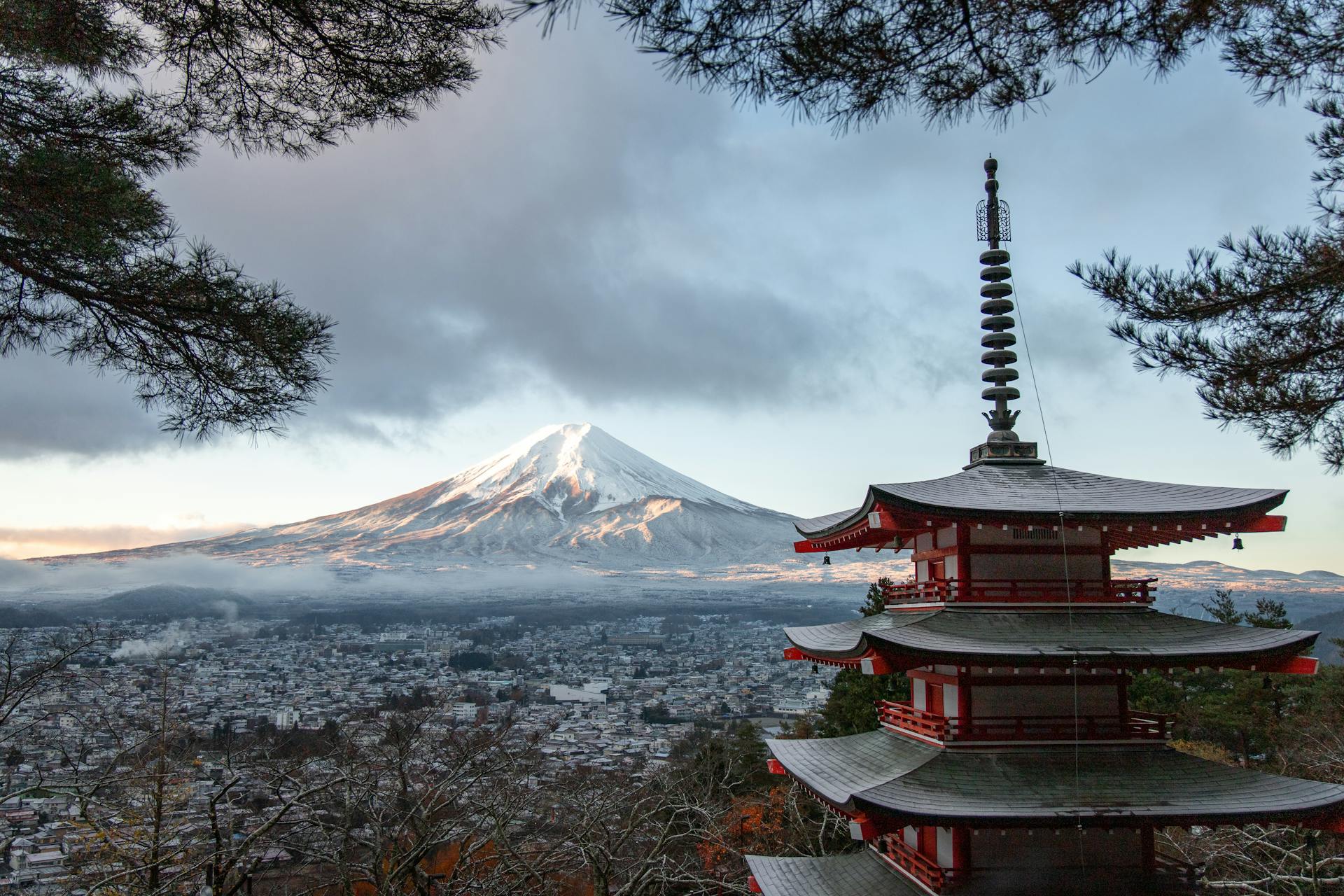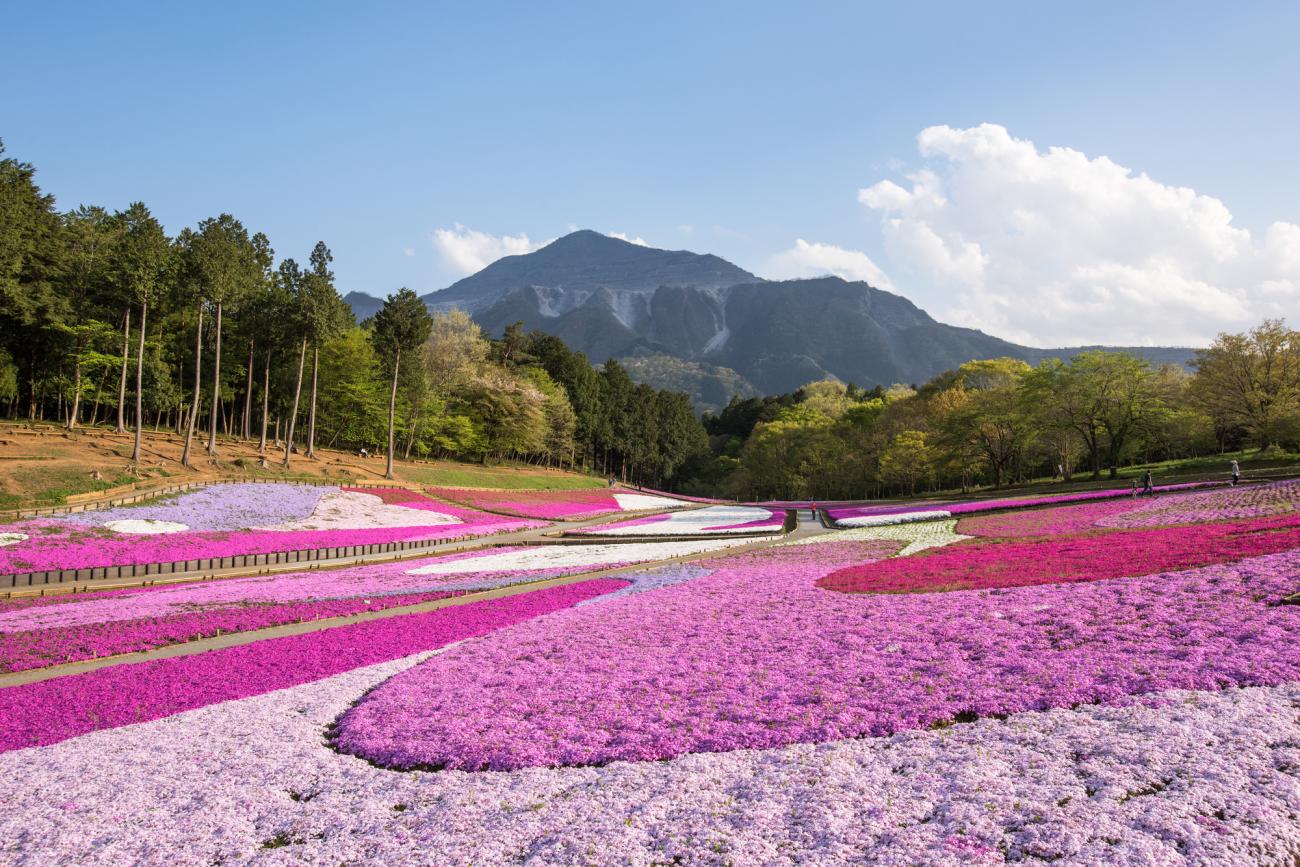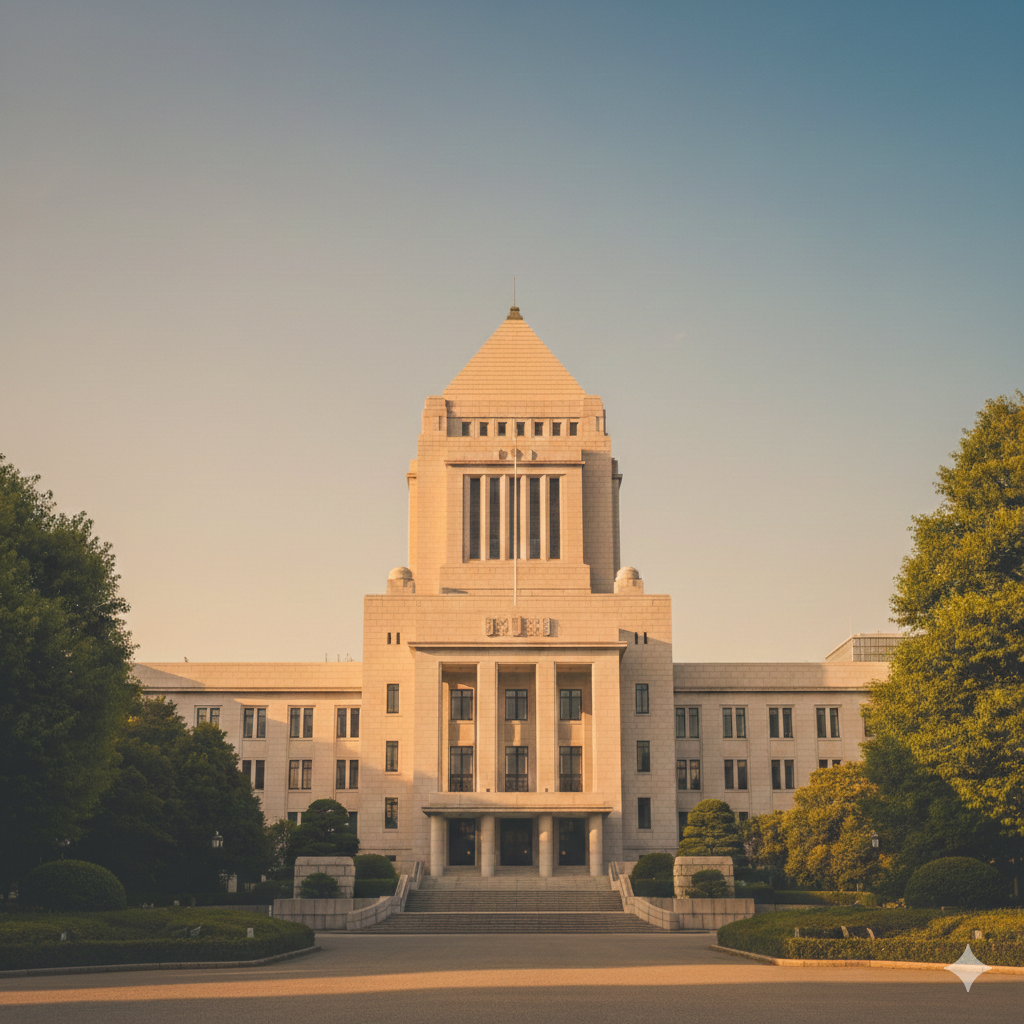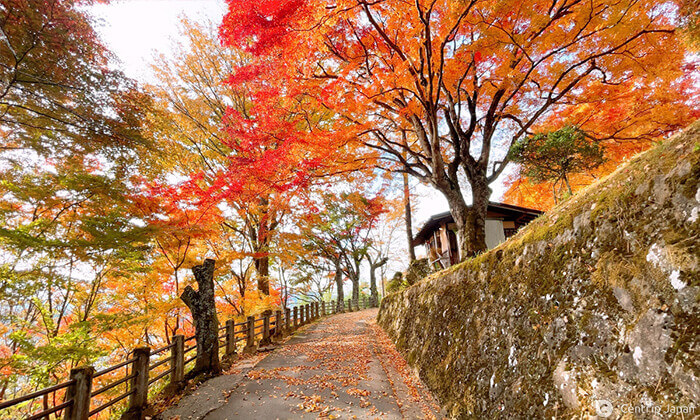Planning a Halal-Friendly Trip to Japan

Japan is a dream destination for travelers around the world, but some may wonder if it is Muslim-friendly. The good news is that Japan has become increasingly accommodating to Muslim tourists. The government has been supporting the growth of halal restaurants and prayer facilities, and while Muslims are a minority in the country, there are ample resources to ensure a comfortable and worry-free visit.
Two Ways to Travel Halal in Japan
Muslim travelers can choose between joining a halal-focused tour or planning an independent trip. Both options allow for a halal-friendly experience, but they cater to different travel styles.
Joining a Halal Tour Package
For travelers who prefer convenience, a halal tour package is ideal. These tours handle accommodations, halal meals, and prayer schedules, allowing visitors to focus solely on enjoying the destinations. This approach minimizes planning stress while ensuring all aspects of your trip meet halal requirements.
Planning Your Own Halal Trip
Independent travelers who enjoy flexibility can create their own halal-friendly itinerary. The Japan National Tourism Organization (JNTO) provides comprehensive information about halal restaurants, mosques, and Muslim-friendly facilities. This allows travelers to customize their experiences while maintaining comfort and convenience.
Muslim-Friendly Resources
When planning a halal trip, accommodations should either provide Muslim-friendly amenities or be conveniently located near mosques. Major mosques, like Tokyo Camii, not only serve as prayer spaces but also offer cultural insights. For meals, halal-certified restaurants are increasingly available, and supermarkets or specialty stores offer halal ingredients for self-catering. Japan’s extensive public transport network makes it easy to navigate, but be sure to allow time for prayer during your daily schedule.
Muslim-Friendly Destinations in Japan
In Tokyo, visit Tokyo Camii and the Turkish Culture Center in Shibuya. Explore Ueno Park, one of Japan’s oldest public parks, featuring a zoo, museums, and cherry blossoms in spring. Shinsaibashi-Suji Shopping Street offers a mix of fashion stores, local boutiques, souvenir shops, restaurants, and cafés.
Kyoto offers Kiyomizu-dera, a UNESCO World Heritage site known as the “Pure Water Temple,” and Fushimi Inari Taisha, famous for thousands of vermillion torii gates winding up Mount Inari. For a glimpse of traditional village life, Shirakawa-go features Gassho-Zukuri houses with steep thatched roofs, also recognized as a UNESCO site.
In Osaka, Shinsaibashi Shopping Street and Dotonbori are must-visits for shopping and culinary experiences. Shinsaibashi is lined with luxury stores and local boutiques, while Dotonbori offers a lively street-food scene and iconic neon landmarks.
For nature lovers, Mount Fuji is an unforgettable experience. Even if you’re not planning to climb, stunning views can be enjoyed from Oishi Park or Kawaguchi Lake, perfect for sightseeing and photography.
Conclusion
With proper planning and the right resources, a halal-friendly trip to Japan is entirely achievable. From halal dining and prayer facilities to cultural landmarks and scenic destinations, Japan welcomes Muslim travelers to explore its traditions, landscapes, and modern attractions comfortably and respectfully.



